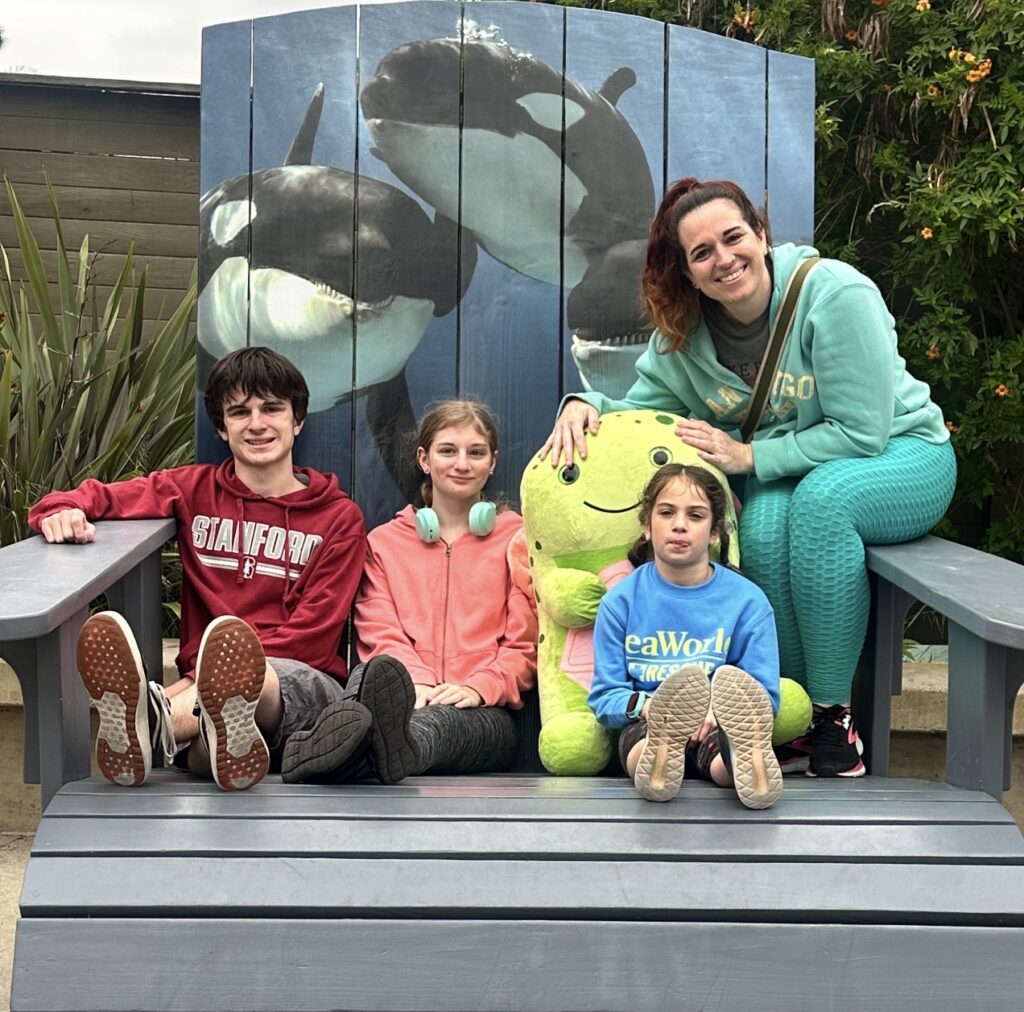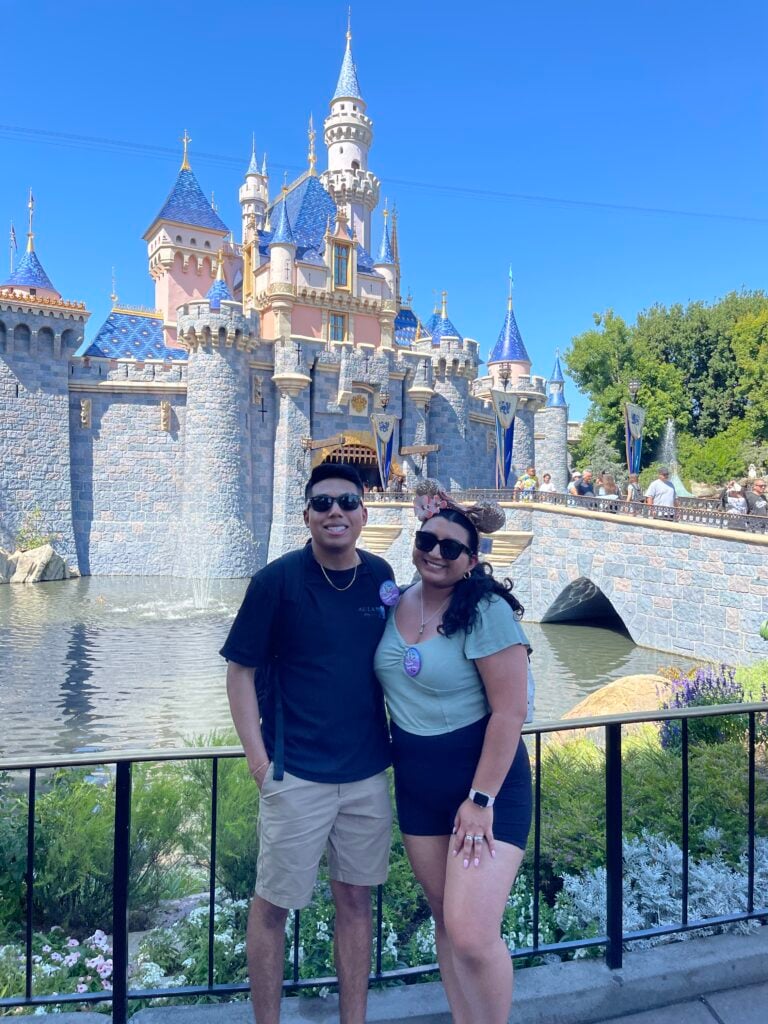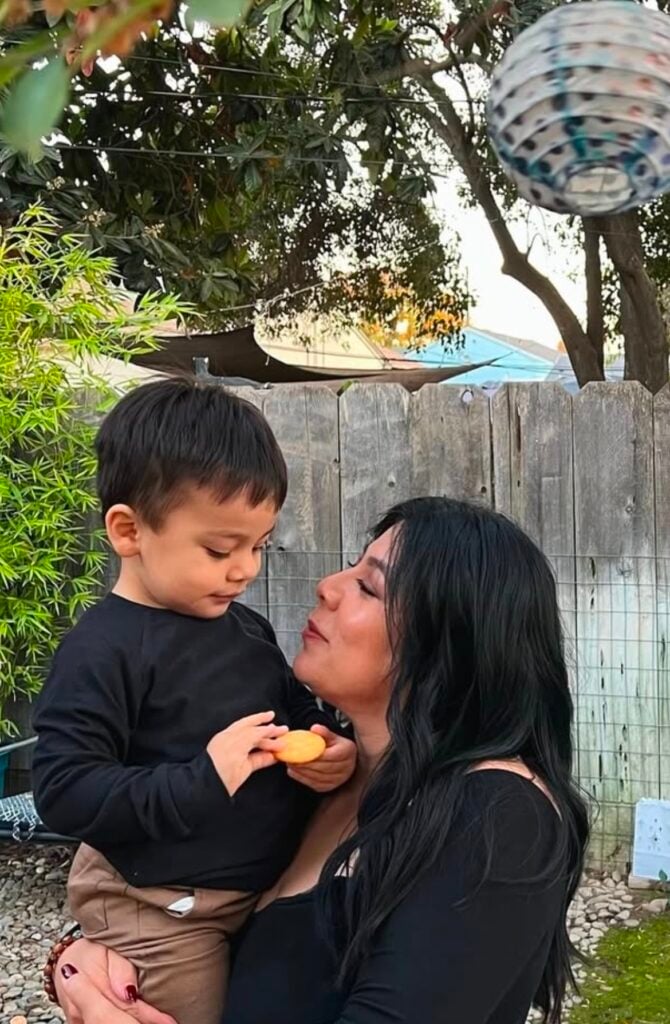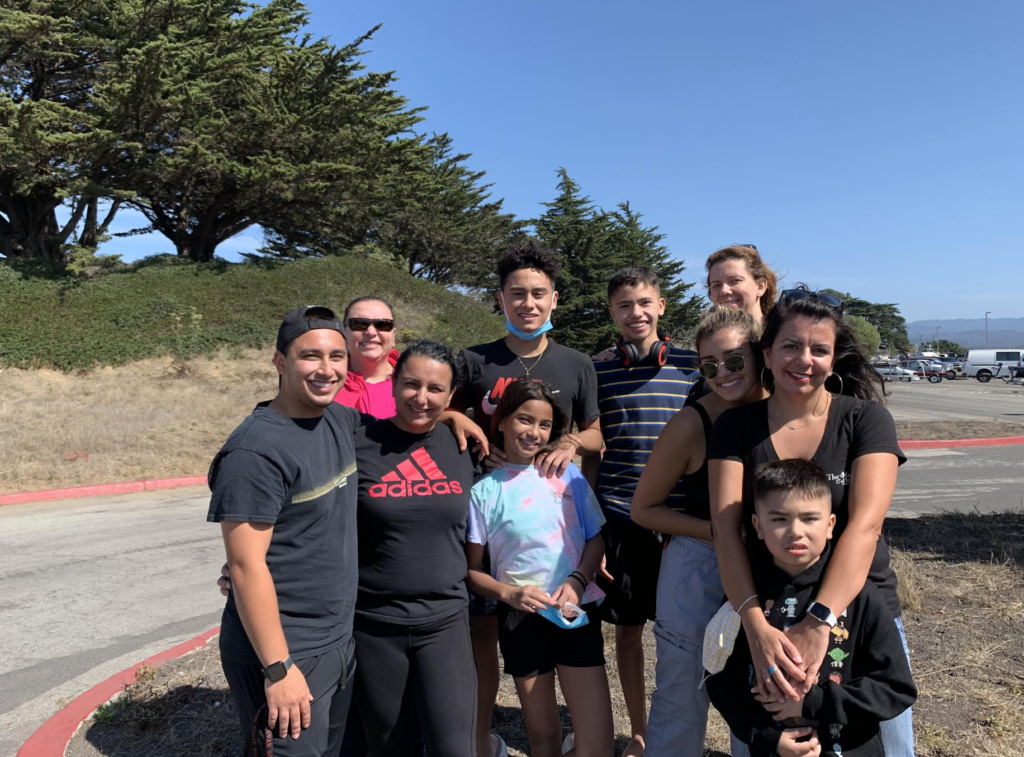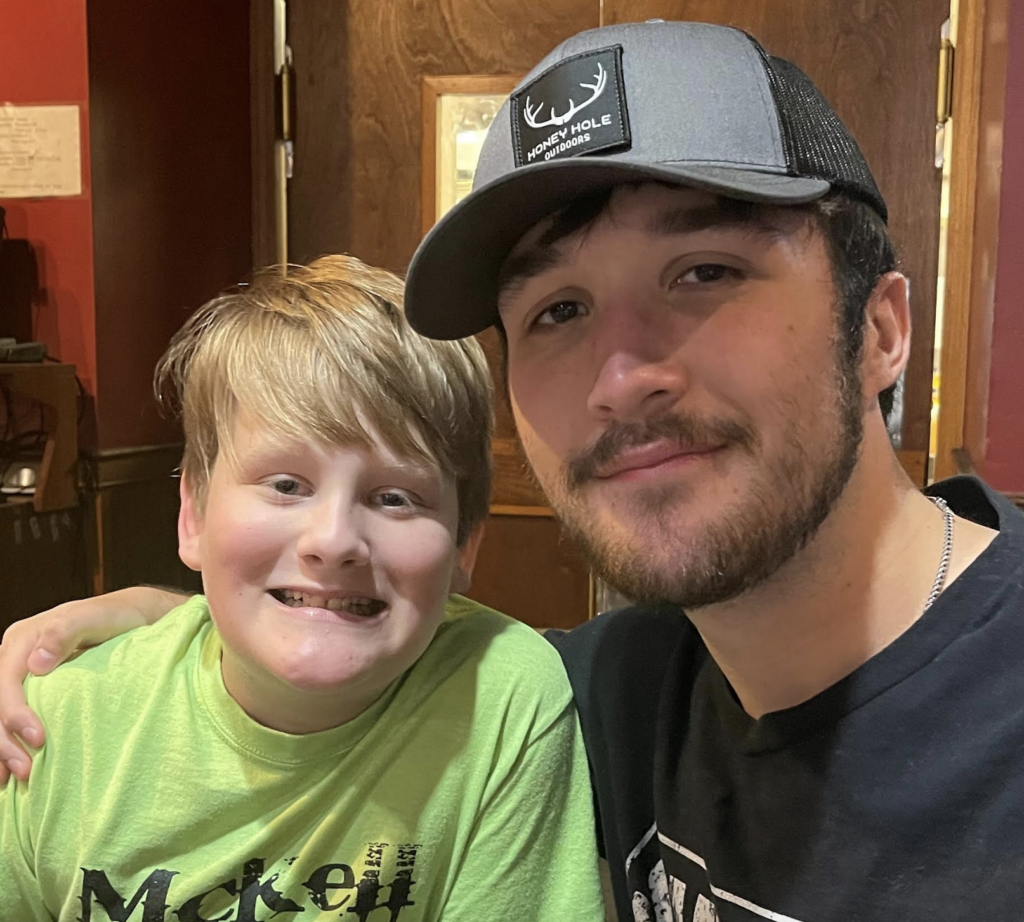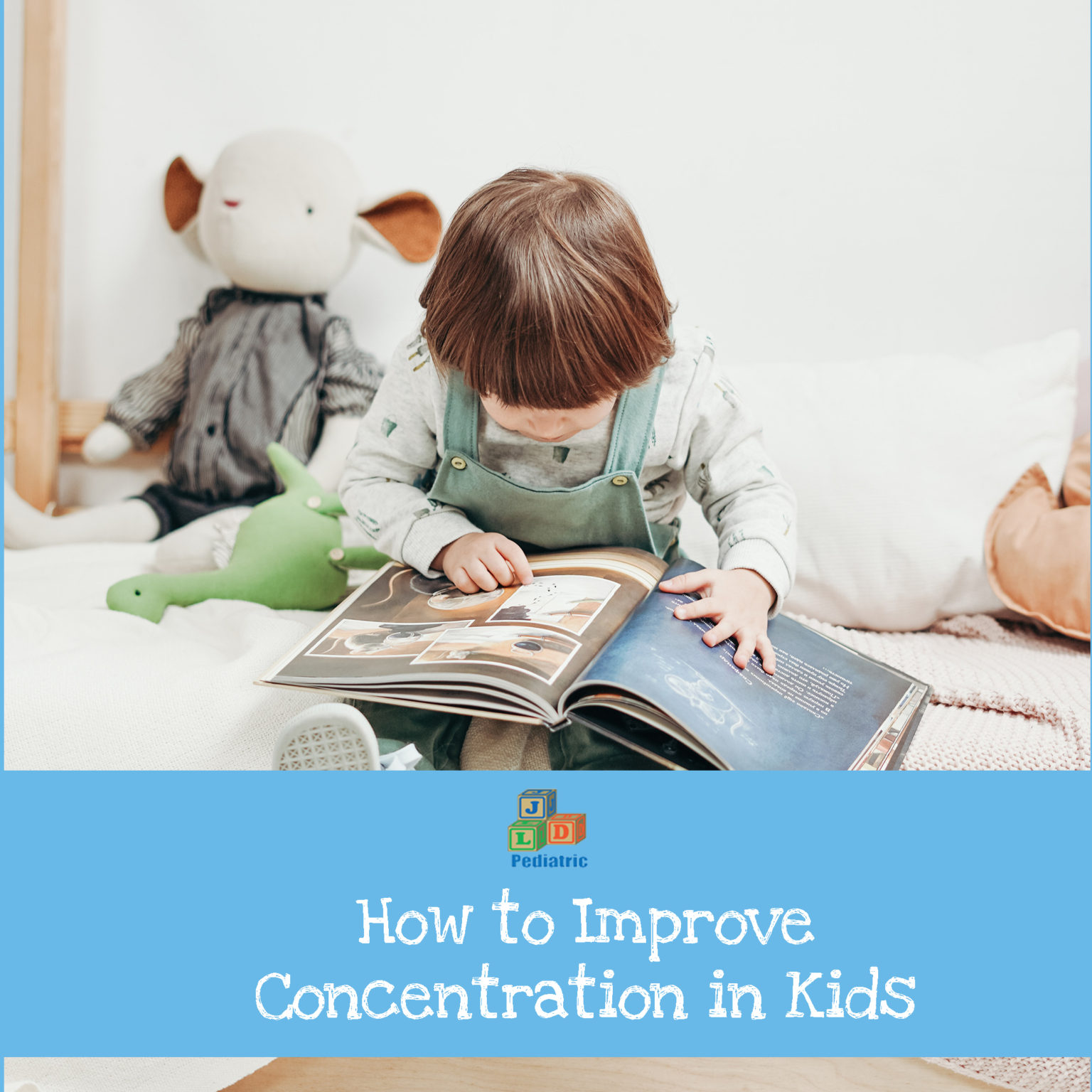
‘Focus’.
‘Let’s complete this first.’
With everyone doing virtual school, we find ourselves saying these things to our children more now than ever. Keeping our kids focused and engaged is absolutely one of these toughest things we are dealing with as parents right now.
A lot of parents are realizing that their child’s concentration levels are lacking. Most of this is due to environmental factors they are not used too, especially with schooling at home. Who can concentrate when all their toys are calling their name to come play? A child’s concentration level is dependent on a lot of factors:
- Age- Concentration levels increase as kids grow older.
- Diet- Food with high sugar levels often disrupt concentration levels.
- Motivation- if your child is motivated and takes interest in a task, we will concentrate longer.
- Surroundings- Distractions in the environment can affect a child’s concentration.
How To Improve Concentration in Kids
Experts recommend a few tips to generally improve concentration in kids:
Eat a Healthy Breakfast
A healthy breakfast at the start of the day fuels both the mind and body which makes it easier for the mind to concentrate.
Stay Hydrated
Hydration improves the mind’s ability to focus. Research conducted on a group of students before exams revealed that when kids drank water before their exams, they were able to focus more.
Exercise
Studies have shown that not getting enough exercise affects concentration in kids. It is a proven fact that exercise improves your child’s attention and performance at school.
To encourage your kids to exercise, choose a form of exercise that they enjoy. This could be yoga, swimming, running, or even basketball. The idea is to get their body and mind to work together. Do it with your child to make it more fun.
During exercise, incorporate belly breathing. Diaphragmatic breathing is known to slow down the heart rate. This clears our mind so we can concentrate better. This exercise is specially beneficial when your child is often anxious, as it calms the body and mind.
Limit Screen Time
Limit screen time to less than one hour a day. This also includes learning apps and educational videos. Many kids find it difficult to turn off the screen. As a parent, you will have to be firm. Set screen time hours and be consistent with enforcing it.
Also, explore fun activities outside the screen. Play board games as a family. Go out for a nature walk. Visit parks and local play areas. Go a craft activity. Cook a simple meal.
Encourage Your Child To Pursue their Passion
You probably have already noticed that kids are so much better at concentrating when they engaged in something they love. This could be building Legos or playing with playdoh. If your child shows interest in something, pursue that activity often. As your child learns to navigate through the task more confidently, his concentration will increase.
Every day set aside at least 10 minutes for your child to pursue an activity that interests them. When they complete the activity, be sure to appreciate it with them. Praise often to encourage continued play.
Be realistic
Don’t expect your child to have great concentration at all times. As we discussed above, concentration levels are impacted by the situation. Here’s a rough idea of average attention span in kids:
- 2-4 year old: 4-6 minutes
- 4-6 year old: 8-12 minutes
- 6-8 year old: 12-18 minutes
- 8-10 year old: 16-24 minutes
- 12-14 year old: 24-36 minutes
- 14-16 year old: 28- 42 minutes
- 16+ years: 32-48 minutes













